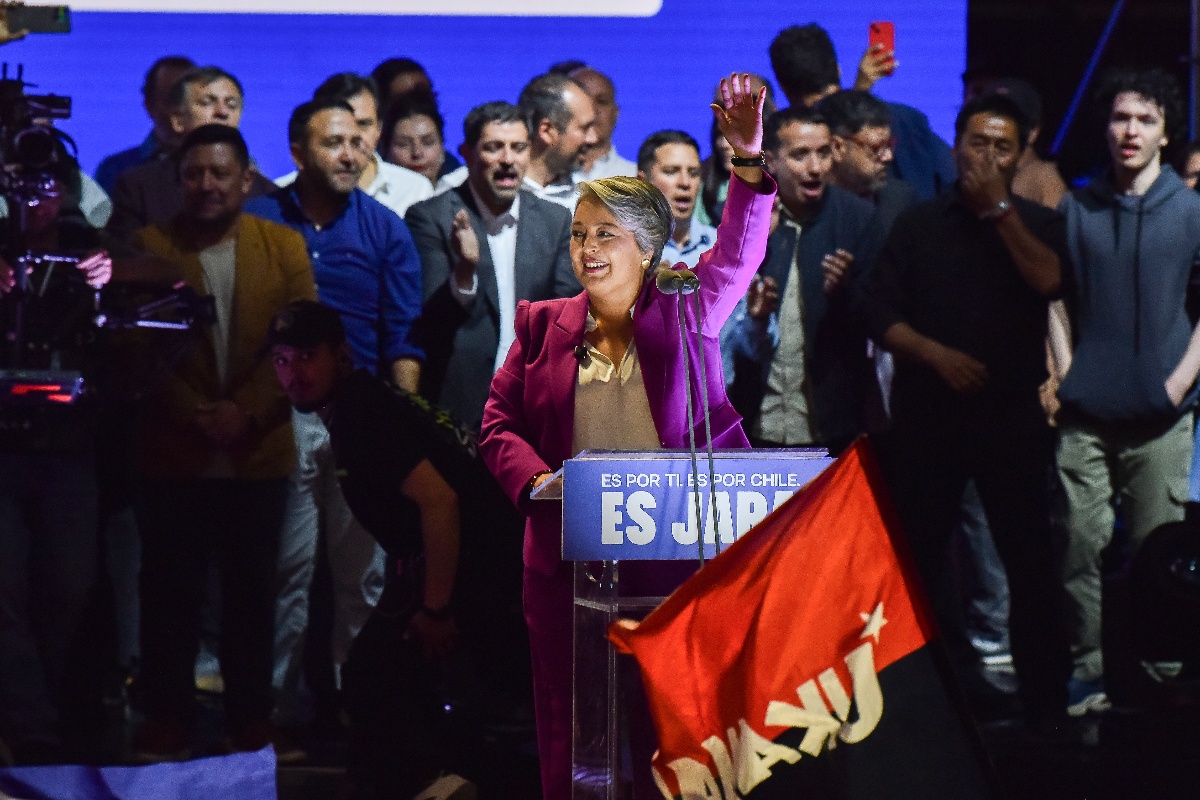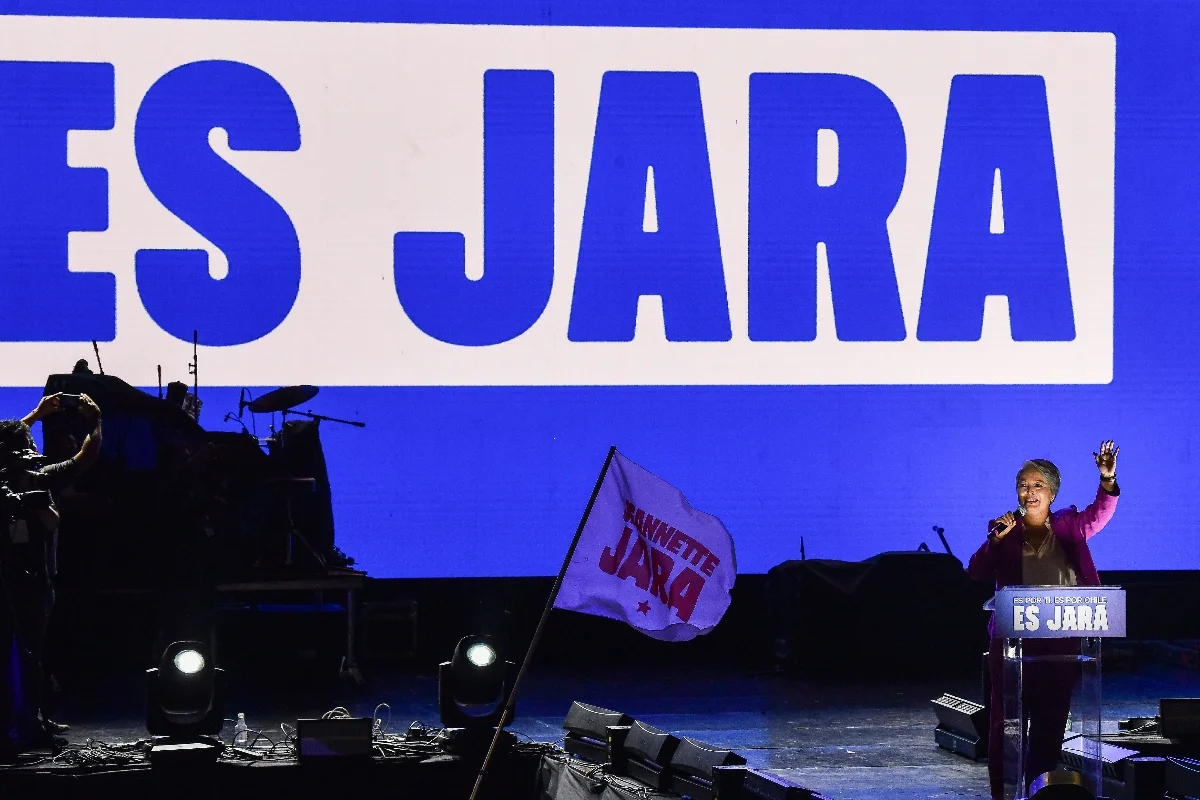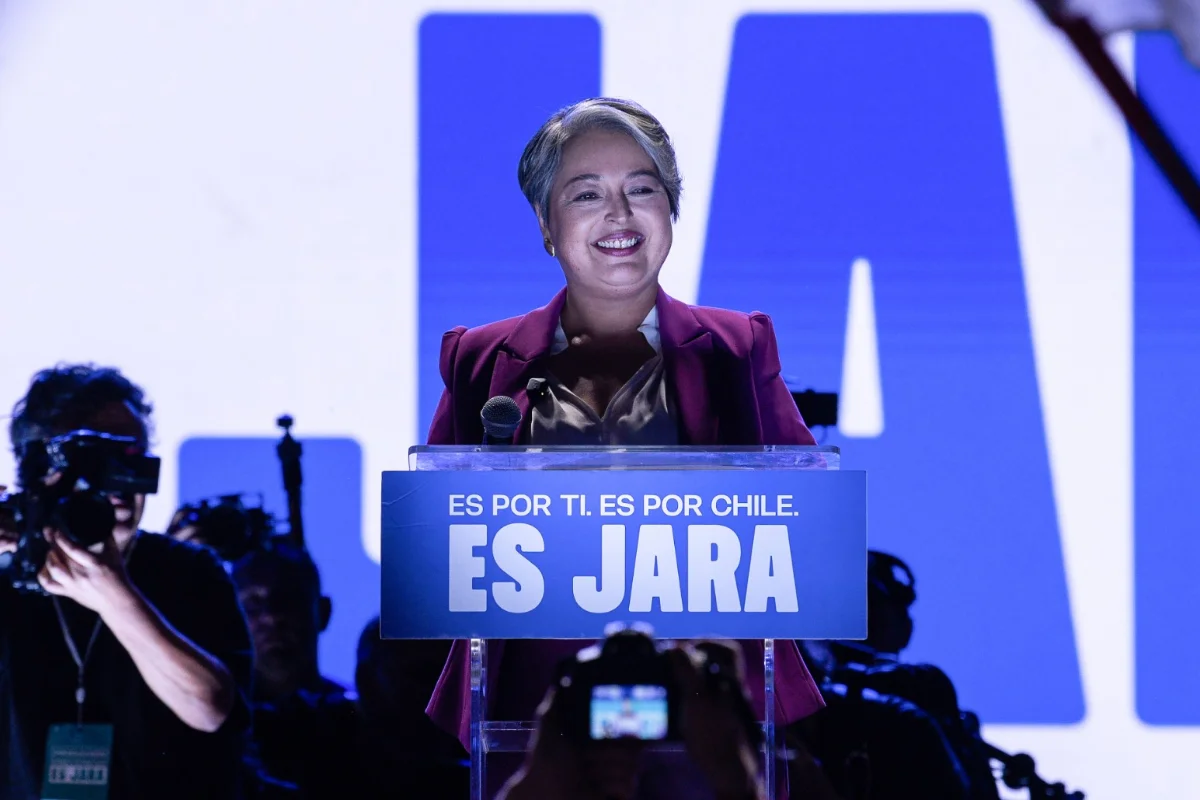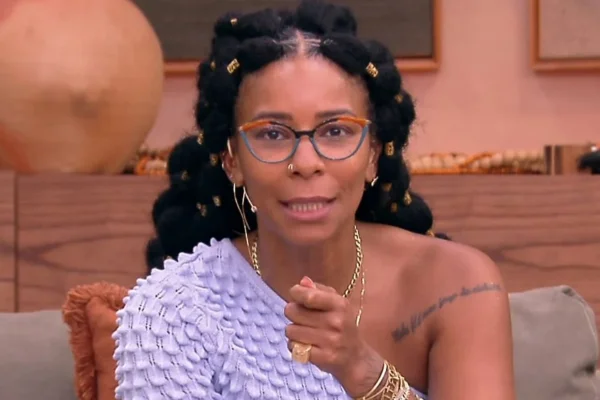
For the first time since re-democratization, Chile’s Communist Party arrived on the eve of the presidential election with a lead in opinion polls. The person responsible for this feat is Janet Hara, 51, a former labor minister under Gabriel Boric, who is running in this Sunday’s election (November 16) to potentially replace Boric.
Despite occupying one of the most important positions in a highly unpopular government, Jara attempted to “break away” from the Bolić government and adopted the position of “face of the people”. His speech combined a defense of social rights with signs of realism in sensitive areas such as public safety and immigration, topics that dominated the country’s most polarizing election in decades.
From the outskirts of Santiago to the presidential election
Born in El Cortijo, a poor neighborhood north of the Chilean capital, Jara is the eldest of five children. Born to a working-class father and a housewife mother, she worked as a fruit picker as a teenager and was the first in her family to complete higher education. He studied public administration and law at the University of Santiago de Chile, where he also began his political career.
At age 15, he joined the Young Communist Party (JJCC) and in 1997 headed the university’s student federation, strengthening his projection on the Chilean left.
Over the next few decades, he built a career in public management. She served as Deputy Minister for Social Development in Michelle Bachelet’s government and most recently as Minister for Work and Pensions in Gabriel Borich’s government.
During his time in office, he was instrumental in the current president’s few legislative victories.
- Reduced weekly working hours from 45 to 40 hours,
- raising the minimum wage;
- And the government’s main focus is reform of the private pension system.
Hara achieved a stunning victory in June’s centre-left primary, winning around 60% of the vote, beating traditional names such as Carolina Toja, backed by the Socialist Party, PPD and Christian Democrats.
This victory solidified his position as leader of the broad coalition Unity for Chile, which brought together the Communist Party, the Broad Front, the Socialists, the Radicals, the Social Greens, the PPD, Humanist Action, and independent forces.
His candidacy presents a progressive option to succeed Borich, who cannot run for re-election.
Chile is divided
- Jara’s candidacy emerges In the midst of the country’s most turbulent decade since re-democratizationIn light of the 2019 protests that left 32 people dead and another 3,000 injured.
- Two attempts to draft a new constitution failed, but the radical right grew as discourses of order and crime dominated public debate.
- In this scenario, a debate materialized between moderate communists and right-wing candidates.
- José Antonio Casto, Republican, friend of Jair Bolsonaro and advocate of tough policies on crime and immigration.
Johannes Kaiser, the ultra-liberal, YouTuber and provocateur, and Evelyn Massey, the more moderate centre-right alternative.
communist but realist
Jara has been a member of the Communist Party since adolescence, but represents the social democratic side of the party and leans toward dialogue with the centrists. The candidate doubled down on public safety and immigration, two areas sensitive to voters.
Security is now a major concern of nations. Chile, historically one of the safest countries in the region, is facing an increase in murders, kidnappings and organized crime. Jara promises to tackle security “from day one” and champions investment in the police and expansion of intelligence operations.
And as the migrant crisis worsened since 2018, candidates adopted speeches on strengthening borders and tightening the regularization process.






